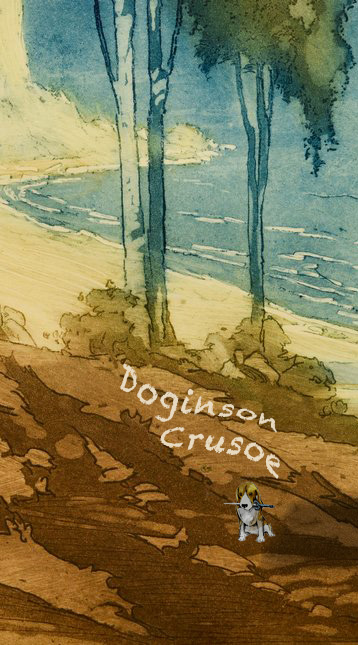Time Travel
My friend Don has a time machine. He takes me with him sometimes. You should come, too! Every person who rides in Don’s time machine is changed by it.
The United States Department of Justice has booked passage on Don’s time machine for countless prison inmates. State and local governments and hundreds of rehab centers have booked journeys for people as well. Thirty-five million in all.
Each trip through time begins with a series of words.
My friend Don is a storyteller.
Stories of the past help us to know who we are.
Stories of the future help us to see who we can become.
Stories are more effective than facts for changing beliefs and behaviors. Facts cause us to put our shields up and become skeptical. But when we are absorbed in a story, we drop our intellectual guard.
With these thoughts in mind, Don invented “interactive journals,” booklets that allow people in crisis to revisit their past and imagine a better future. Each reader of an interactive journal becomes the co-creator of two stories. (1.) the story of how they got into this mess, and (2.) the story of a brighter tomorrow.
We imagine every action before we take it. If we want to change our behaviors, we need only to imagine different actions than the ones we have imagined in the past.
Stories are portals of escape into alternate realities.
An examination of the brain of any mammal will let us know its superpower. Monkeys can swing artfully through trees, not because their bodies are different, but because more than half their brain mass is devoted to depth perception, color differentiation, and guided grasping.
According to Professor Steven Pinker of MIT and Harvard,
“The human brain, too, tells a story. Our brains are about three times too big for a generic monkey or ape of our size. The major lobes and patches of the brain are different as well. The olfactory bulbs, which underlie the sense of smell, have shriveled to one third of the expected primate size (already puny by mammalian standards), and the main cortical areas for vision have shrunk proportionally as well…while the areas for hearing, especially for understanding speech, have grown…to twice what a primate our size should have.”
The superpower of we humans is our unique ability to attach complex meanings to sounds.
Every word in the English language is composed of just 44 sounds called phonemes. We arrange these into clusters called words which we string together in rapid succession so that others can see in their minds what we see in ours.
In the first chapter of Genesis, God says, “Let there be this” and “Let there be that” for 25 verses, and then in verse 26 he says, “Let us make mankind in our own image.”
According to that ancient story, God spoke the world into existence and then gave you and me the power to do the same.
When you write ad copy that captivates the imagination and causes the listener to imagine doing what you want them to do, you are doing the work of God; you are speaking a new and better future into existence for your listener, for your client, and for yourself. You are taking the trio to where each of you wants to go.
Before you start thinking about which radio station to use, or even which media, you need to craft your message.
And that cannot be done until you have clear and concise answers to these 3 questions:
- How will your performance be measured? Ask your client.
- What do they want you to make happen? See it in your mind.
- Where do they want you to take them? Say it out loud back to them.
The answers to these questions will inform your ad writing and take you, and your listener, and your client, exactly where each of you wants to go.
The Cheshire Cat in Alice’s Wonderland carefully explained to Alice why most ads are written badly: ‘When you don’t know where you’re going, any road will get you there.’
Where are you trying to go?
Roy H. Williams
PS – “Every taco is hand-rolled with exotic Mexican spices by genuine Mayan virgins. Or, Carlos, depending on who’s available.” – written on the side of Tila’s Taco Truck in Houston
